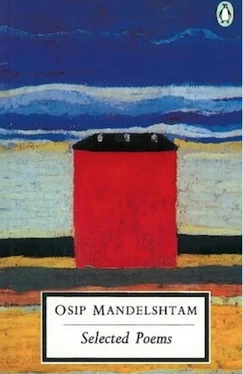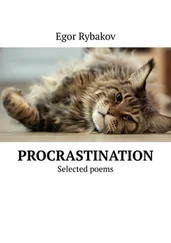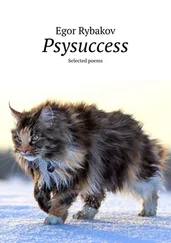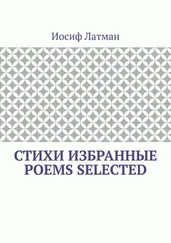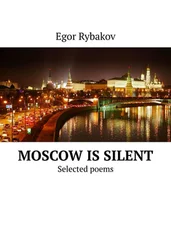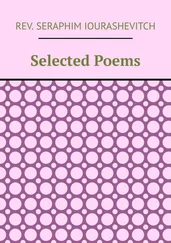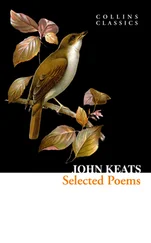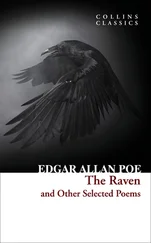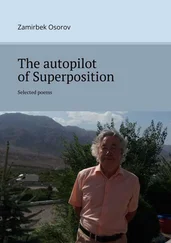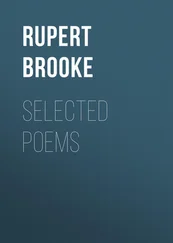(372) March 1937
Life’s reticulations loosen, madness looms.
So a ray of light spun by a spider
Scatters ribbed pillars,
The crystal temples of eternity.
A thin beam of light to join them,
The columns of grateful pure lines
Shall gather intimately some time or other,
Like guests with an open countenance.
Only let it be now on earth, and not in heaven,
As in a house full of music. –
If only we don’t scare or wound them –
It would be pleasant to survive.
Forgive me for what I’m telling you;
Quietly, quietly read it back to me.
( from
380) 15 March 1937
This is what I want most of all:
With no one on my track
To soar behind the light
That I couldn’t be farther from;
And for you to shine in that sphere –
There is no other happiness –
And learn from a star
What light could mean.
A star can only be star,
Light can only be light,
Because whispering warms us
And babbling makes us strong.
And I would like to say to you,
My little one, mumbling:
It’s by means of our babbling
That I hand you to the light.
( 384) 27 March 1937
This azure island was exalted by its potters –
Green Crete. In the resounding earth
They baked their gift. Do you hear the dolphin fins
Beat underground?
It’s easy to remember the sea
In the clay enraptured by firing;
The cold power of a pot
Cleaves into sea and passion.
Azure island, volatile Crete,
Give me back what is mine – my labour;
From the breasts of the fruitful goddess
Fill the baked vessels.
This was, turned azure, and was sung,
Long before Ulysses,
Before food and drink
Were called ‘my’ and ‘mine’.
Recover and shine again,
Star of ox-eyed heaven,
And fortuity, the flying fish,
And the sea saying yes .
( 385) March 1937
As if words were not enough,
The theta and iota of a Greek flute –
Unsculptural, unaccountable –
Matured, laboured, crossed frontiers.
It’s impossible to forsake the flute:
It can’t be stopped with clenched teeth,
It can’t be prodded into speech with the tongue,
It can’t be kneaded with the lips.
The flute player doesn’t know repose –
It seems to him that he’s alone,
That some time or other out of lilac clay
He formed his native sea.
With the urgency of recollecting lips,
With an ambitious, resonant murmur,
He collects the sounds to save them,
Neatly, stingily.
Later we shall not be able to repeat him,
Clods of clay in the sea’s hands,
And when I am filled with the sea
My measure has become disease.
My own lips now lisp,
Plague or murder at the root.
And involuntarily falling, falling,
I diminish the force of the flute.
( 387) 7 April 1937
I raise this greenness to my lips,
This sticky promise of leaves,
This breach-of-promise earth:
Mother of maples, of oaks, of snowdrops.
See how I am dazzled, blinded,
Obedient to the lowliest root.
Aren’t they too much splendour for one’s eyes –
The explosions of this park?
Like little balls of mercury, the frogs:
With their croaking they couple into a sphere;
Each twig becomes a branch,
And the air a chimera of milk.
( 388) 30 April 1937
With her delightful uneven way of walking,
Limping on the empty earth,
A halting freedom draws her on.
It seems that a clear conjecture lingers in her gait –
Something to do with this Spring weather,
Original mother of the sepulchral dome.
And this shall always be beginning.
There are women who are natives of the sodden earth:
Their every step a hollow sobbing,
Their calling to accompany the risen,
To be first to meet the dead.
And we should trespass to demand caresses of them,
And to part from them is beyond our strength.
But whatever shall be is a promise only.
( from
394) 4 May 1937
In this rag-bag of notes I’ve set out to refer to and convey as wide a spectrum of information and bibliography as is succinctly possible. As the act of translation is necessarily an act of literary criticism, my own judgements, knowledge and ignorance are mainly embodied in my renderings.
Numbers are those of the Struve/Filippov edition, given after each poem. O.M. – Osip Mandelshtam; N. M. – Nadezhda Mandelshtam. Where references to authors are unspecific, see under Acknowledgements
(at the end of these Notes) for title and publisher.
STONE (1913, 1916, 1923 AND 1928)
Stone , the title of Mandelshtam’s first book of poems, ‘is obviously a prosaic symbol, yet timeless and in a way sacred – the material of which streets and cathedrals are made’ (N. A. Nilsson, Scando-Slavica IX).
(14) ‘The poem begins with a literally pregnant silence’ (R. F. Holmes, private communication).
Peter France ( Poets of Modern Russia ): ‘“primordial speechlessness”, the undifferentiated world which precedes poetry and human culture and whose image is the sea’.
V. Terras: ‘O. M.’s nostalgia for primordial unity with the cosmos’ ( Slavonic and East European Review XVII, No. 109, 1969).
‘He felt poetry to be immanent in nature, to be there in the silence, a presence with which he could be “fused”… Poetry was not an occasion for sentiment, for “heart”… ’ (Clarence Brown, Mandelshtam ). Robert Tracy has pointed out (in his Osip Mandelshtam’s ‘Stone’ ) that later, in O.M.’s The one who walks , ‘he seems to reply to Silentium : “Though music cannot save one from the abyss”’.
Fyodor Tyutchev (1803–73) also wrote a celebrated poem called Silentium . (See Charles Tomlinson’s Versions from Fyodor Tyutchev .)
(31) The poet Batyushkov (1787–1855) spent the last thirty or so years of his life in an asylum (from 1821). See also no. 261.
(32) R. F. Holmes has suggested to me that the ‘age-old traveller’ may be Pushkin.
(54) ‘Joseph’: Osip is a Russian version of Joseph.
(60) Ovid was banished to Scythia.
(80) Ovid is speaking.
Tristia , the title of O.M.’s second book of poems, ‘is a lament and an encomium for a splendid past, for Renaissance Venice, for Racine’s France, for Hellas, above all for Petropolis… These cultures are seen as one, are fused into one… image of threatened civilisation… The theme of Tristia is summed up in a line of O.M.’s poem about Venice: “How can I escape this festive death?”’ (Robert Chandler, from an unpublished article ‘Mandelstam and Ezra Pound’).
‘In [O.M.’s] poems epochs and cultures that have become deeply stratified in language rise up before our consciousness. An individual word can summon them up…’ (Boris Bukhshtab, Russian Literature Triquarterly , No. 1, 1971).
Читать дальше
